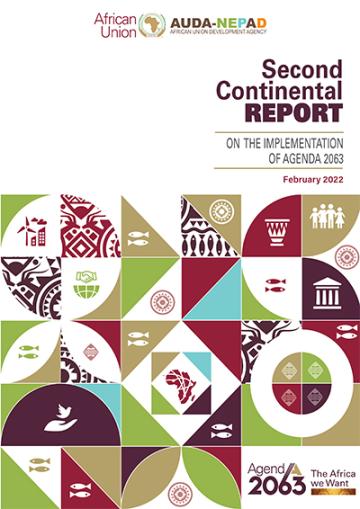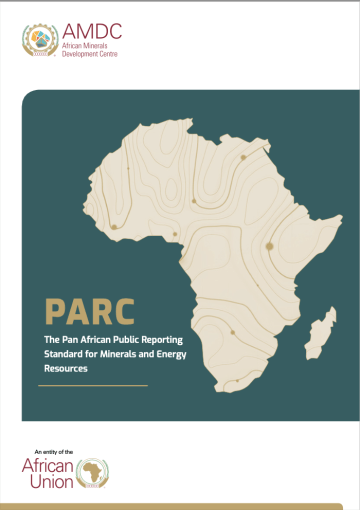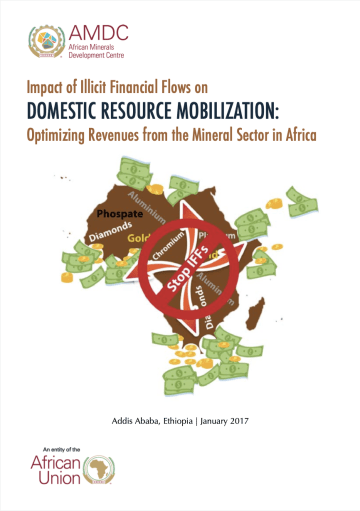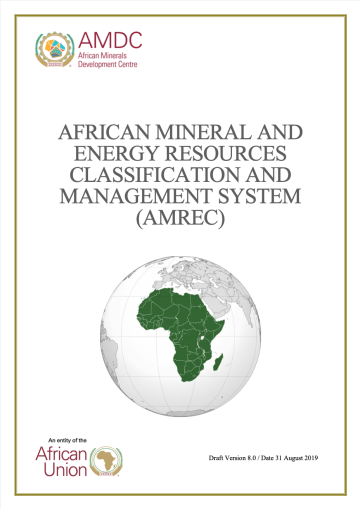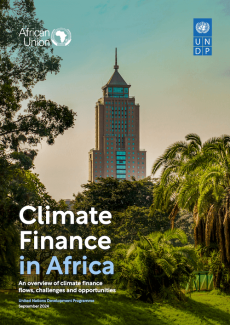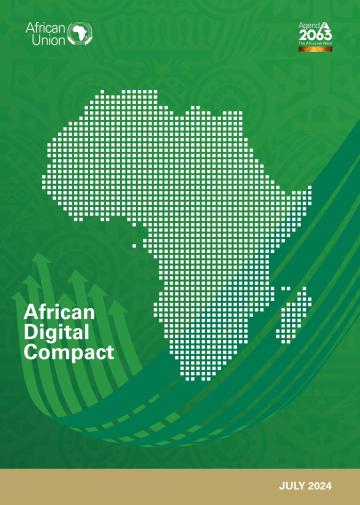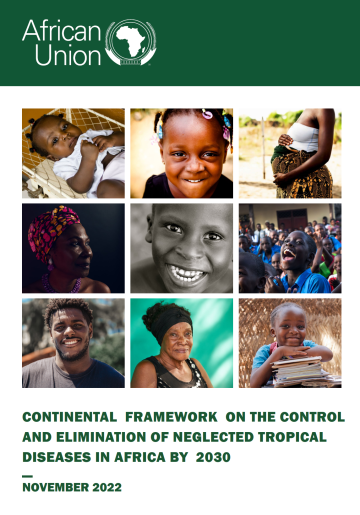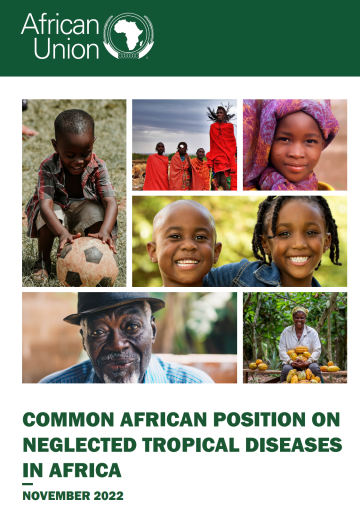Latest Documents
-
February 10, 2022Second Continental Report on The Implementation of Agenda 2063
Agenda 2063 is Africa’s development blueprint to achieve inclusive and sustainable socio-economic development over a 50-year period. The continent aims to achieve this objective through the realisation of five ten-year implementation plans.
-
October 29, 2024Pan-African Resource Reporting Code (PARC) Training modules
The Pan-African Resource Reporting Code (PARC) training mod
-
October 29, 2024The Pan African Public Reporting Standard for Minerals and Energy Resources
The
-
October 29, 2024AFRICAN UNION DEFINITION FOR MSMEs. As adopted by African Ministers of Trade
-
October 25, 2024Impact of Illicit Financial Flows on Domestic Resource Mobilization
The document: Impact of Illicit Financial Flows on Domestic Resource Mobilization: Optimizing Revenues from the Mineral Sector in Africa focuses on how illicit financial flows (IFFs) undermine the efforts of African countries to mobilize domestic resources, especially from the mineral sector.
-
October 21, 2024African Minerals and Energy Resources Classification and Management System
The African Mineral and Energy Resources Classification and Management System (AMREC) document is a comprehensive framework designed to guide the sustainable management of Africa’s mineral and energy resources. Based on the principles of the United Nations Framework Classification for Resources (UNFC), it aligns with the Africa Mining Vision (AMV), Agenda 2063, and the Sustainable Development Goals (SDGs).
-
September 30, 2024Climate Finance in Africa
Climate change is arguably the greatest challenge facing humanity in the 21st century. Its impacts have significantly altered the natural world and affected global economic performance and human well-being. A recent study estimates that damage from climate change globally to farming, infrastructure, productivity, and health will cost an estimated $38 trillion per year by 2050 and see a 19 percent reduction of income (Kotz et al., 2024).
-
September 24, 2024ROOTS OF AFRICAN RESILIENCE A TRANSFORMATIVE APPROACH
- September 13, 2024
-
September 10, 2024Africa Urban Forum Declaration
-
August 28, 2024African Union Biodiversity Strategyand Action Plan (ABSAP) 2023 - 2030
-
August 17, 2024African Union Biodiversity Strategy and Action Plan (ABSAP) 2023-2030
The close of the last decade saw a heightened concern by the global community around the triple planetary crisis of biodiversity loss, climate change and pollution. This stemmed from the growing awareness of the unprecedented loss of wild species and the threats to ecosystem resilience from climate change and natural disasters, resulting in the loss of productivity of vital ecosystem services.
-
August 09, 2024African Digital Compact (ADC)
African Digital Compact (ADC)
-
August 09, 2024Continental Artificial Intelligence Strategy
Continental Artificial Intelligence Strategy
Artificial Intelligence (AI) is more than a technological leap; it’s a transformative force reshaping our world. With far-reaching impacts across economics, society, and geopolitics, AI is driving revolutionary changes in healthcare, agriculture, finance, and education.
-
July 24, 2024Declaration of 6th Mid-Year Coordination Meeting
-
July 21, 2024Speeches at the 6th Mid-Year Coordination Meeting
-
July 18, 2024Speeches at the 45th Ordinary Session of The Executive Council
-
July 16, 2024AU Policy on the prevention of Smuggling of Migrants in Africa
-
July 16, 2024AU Policy on the prevention of Trafficking in Persons in Afica
-
July 10, 2024Rapport de la Mission d'Observation de l'UA – Législatives, Madagascar
-
July 05, 2024Eastern and Central Africa Region Capacity Building Workshop on the Continental
-
July 04, 2024CONTINENTAL FRAMEWORK ON THE CONTROL AND ELIMINATION OF NEGLECTED TROPICAL
The Continental Framework (CF) on the Control and Elimination of Neglected Tropical Diseases (NTDs) in Africa by 2030 is a comprehensive roadmap adopted by the African Union member states to address the significant burden of NTDs on the continent. Its overarching vision is to free Africa from all NTDs by 2030, aligning with global health targets and the Africa Health Strategy 2016-2030.
-
July 04, 2024COMMON AFRICAN POSITION ON NEGLECTED TROPICAL DISEASES IN AFRICA
The Common African Position (CAP) on Neglected Tropical Diseases (NTDs) is a unified strategic framework that was adopted by the African Union member states to address the significant burden of NTDs on the continent. It outlines a strategic vision to control, eliminate, and eradicate these diseases by 2030, aligning with the global targets set by the World Health Organization.
-
July 03, 2024Working Documents
- Page 1
- ››












